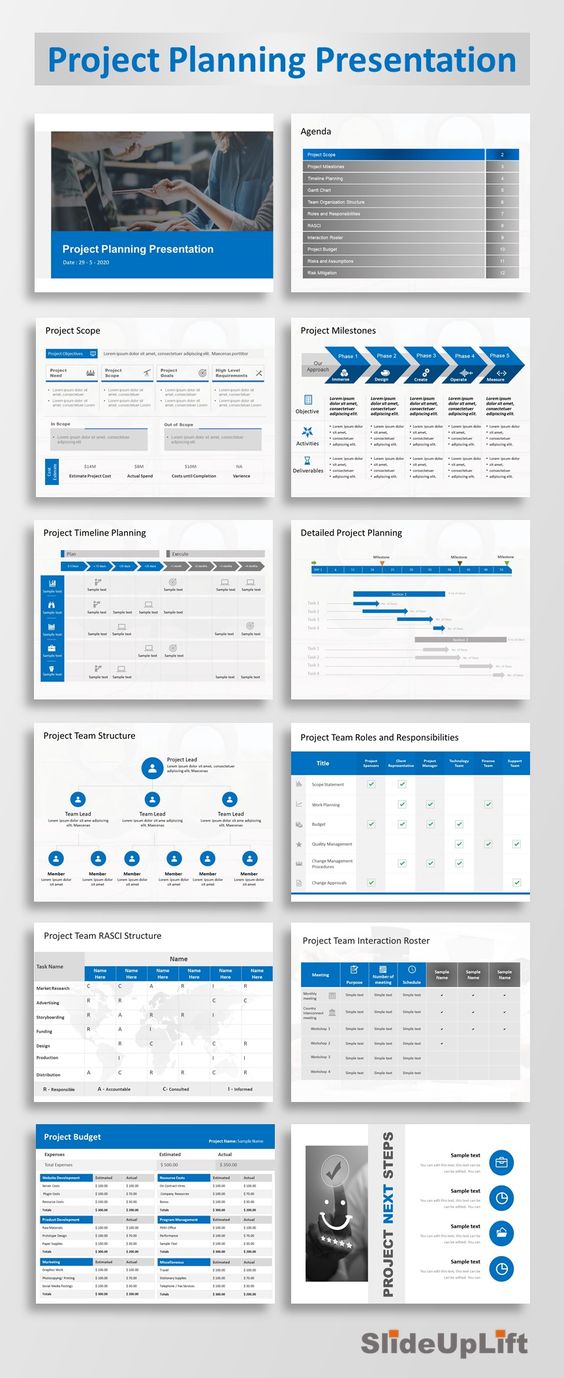Project planning process is a structured procedure that aims to identify and define a project’s objectives, scope, deliverables, timeline, budget, and risks. It sets the foundation for the successful completion of every project, ensuring that all stakeholders have a shared understanding of the project’s purpose and expectations. In this guide, we will take a closer look at the eight essential steps of the project planning process.
Step 1: Define the Project Scope
The first step in any project planning process is to define the project’s scope. It involves determining the project goals, objectives, deliverables, and boundaries. A well-defined project scope helps to avoid misunderstandings and keeps everyone on the same page.
Step 2: Identify Stakeholders
Stakeholders are the individuals or groups that have an interest in the project or can impact its outcome. The project team should identify all stakeholders and determine their roles and responsibilities. Involving stakeholders in the project planning process can help to gain their buy-in and support.
Step 3: Establish Project Timeline
The project timeline outlines the critical dates and milestones of the project. It helps to track progress, identify dependencies, and manage resources efficiently. The project team should consider all factors that may impact the timeline, such as holidays, resource availability, and potential risks.
Step 4: Create Work Breakdown Structure (WBS)
A Work Breakdown Structure (WBS) is a hierarchical decomposition of the project’s deliverables into smaller, more manageable tasks. It helps the project team to understand the relationship between tasks and ensure that everything is accounted for within the project plan.
Step 5: Estimate Resources
Resource estimation involves identifying all the resources needed to complete the project successfully. This includes human resources, equipment, materials, and other supportive resources. Estimating resources helps to build an accurate budget and plan for contingencies.
Step 6: Develop Budget
A project budget outlines all planned expenses and revenues for the project. It helps to ensure that the project is financially feasible and allows for sound financial management throughout the project’s life cycle.
Step 7: Identify and Assess Risks
Risk assessment involves identifying and analyzing potential risks that may affect the project’s success. It helps to develop strategies to mitigate and manage those risks. A risk management plan contributes to ensuring a smoother project implementation process.
You might find these FREE courses useful
- Project Planning
- Project Planning and Execution
- Project Planning and Machine Learning
- Top Project Management: Life Cycle And Project
- Project Management: Life cycle and project planning
- Fundamentals of Project Planning and Management
- Project Planning: Putting It All Together
- Initiating and Planning Projects
Step 8: Develop Communication Plan
A communication plan outlines how the project team will communicate with stakeholders throughout the project life cycle. It should include communication channels, frequency, and formats. Good communication promotes collaboration and helps to ensure that everyone is up-to-date with project progress.
In conclusion, the project planning process is an essential aspect of project management. By following the eight steps outlined in this guide, the project team can establish a solid foundation for project success. By defining the project scope, identifying stakeholders, establishing project timelines, creating a WBS, estimating resources, developing a budget, identifying and assessing risks, and developing a communication plan, the project planning process ensures that every aspect of the project is well-planned and well-executed.
